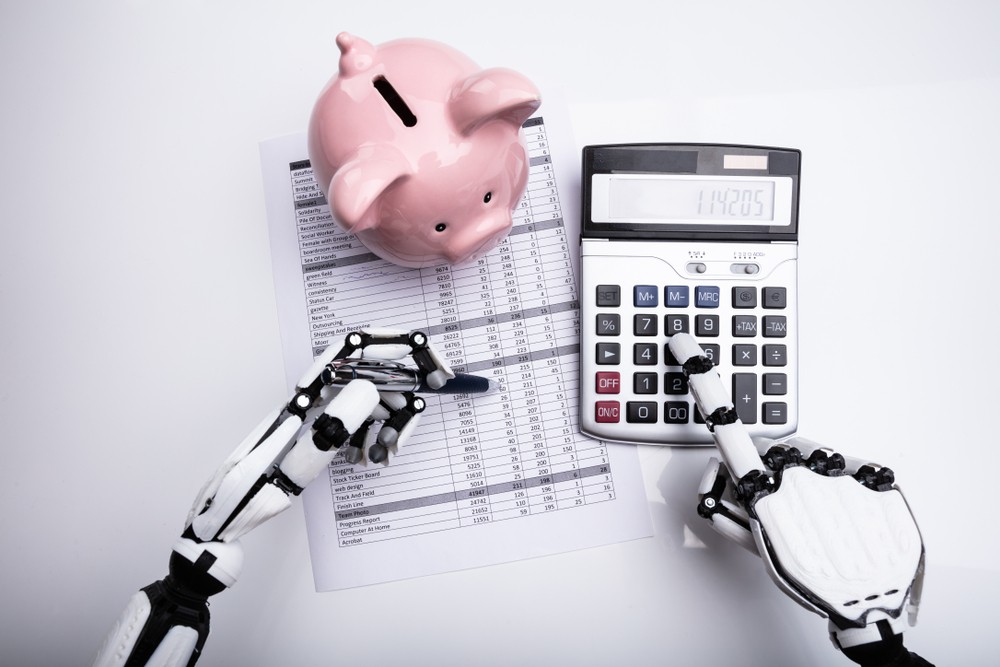Does It Make Sense to Tax Manufacturing Robots?

Technology is on the cusp of a breakthrough era of artificial intelligence dominance. A boom in generative AI and refinements to complex machine learning systems over the past several years have positioned us closer to what’s often called the singularity: the point in time where technology reaches an exponential potential. That moment could originate in manufacturing, where autonomous tech is strongest.
While many are speculating about the limits of technology, others are asking a different, but equally important question: When do we start taxing robots for their contributions to production?
Manufacturing robots are on the rise
Robots (and cobots) are a common sight on manufacturing floors across the United States. These helpful workers are getting more sophisticated and autonomous by the day — and more useful. Not only is the cost of robotics falling, but their programming is becoming more straightforward and less costly, boosting the appeal of widespread adoption by manufacturers across all sectors.
In short, robots are helping manufacturers do more with less. A 2020 MIT study found every robot added to the manufacturing floor replaced approximately 3.3 human workers. So, if robots are doing the work people normally would do — in many cases, more efficiently — shouldn’t they be taxed accordingly? It is a debate set to shape the future of automation in U.S. society.
To tax or not to tax?
Put simply, there’s an argument for both sides. Manufacturers decry the prospect of taxation on innovation, while legislators see a robot tax as the answer to displaced workers.
Manufacturers aren’t eager to pay taxes on robots. Some argue a tax could slow the adoption of automation in the manufacturing industry. On the heels of R&D tax reform, taxation sends a message that innovation will be penalized rather than rewarded.

Moreover, manufacturers argue automation is critical to keeping pace with global industrial standards and taxation disincentivizes reshoring. Put succinctly, if automated robots are essential, manufacturers shouldn’t bear the burden of paying taxes on them.
Those in favor of taxing robots have a different perspective. As more workers find themselves displaced from skilled positions, there’s a question of what comes next. For many, the future of robotics is intrinsically tied to concepts like universal basic income (UBI). If robots do the work, why shouldn’t everyone reap the rewards?
Legislators also need to find a way to replace the income tax lost from displaced workers. Taxing robots offers a 1-to-1 replacement on those tax dollars at what many would argue is a substantially lower rate than employing 3.3 full-time human workers.
The answer isn’t far off
While nothing will come to fruition overnight, manufacturers must take note of the ongoing debate over robot taxation. There’s plenty of noise on either side of the robot tax debate, and European Union leaders have already floated test balloons for what a robot tax might look like for manufacturers. Many voices are suggesting only a modest tax levied on robots — one aimed at combating the effects of automation on income inequality.
Ultimately, the solution must appease all parties. Manufacturers can’t feel penalized for innovations, workers can’t feel displaced by robots, and the government needs some way to recoup tax dollars. It’s a seemingly impossible challenge, with robots at the center.